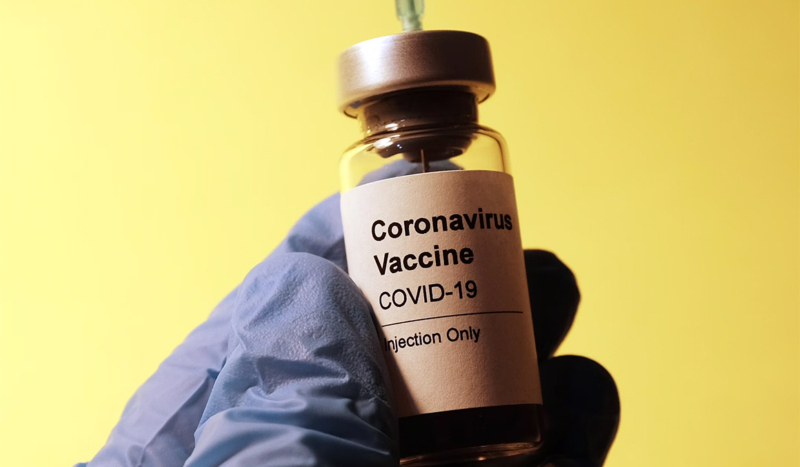
Hakan Nural / Unsplash
CV NEWS FEED // Yale researchers have uncovered a shocking new syndrome linked to mRNA COVID-19 shots, raising questions about the once widely-mandated vaccine’s long-term effects.
A preprint study released Wednesday revealed new findings about Post-Vaccine Syndrome (PVS), a persistent condition reported by many individuals following COVID-19 vaccination.
According to the study, PVS patients exhibit biological changes years after receiving the shot, including immune system abnormalities and the persistent presence of spike protein in their blood.
Led by Dr. Akiko Iwasaki and Dr. Harlan Krumholz, the study analyzed data from Yale’s LISTEN Study, which investigates vaccine-related effects. Researchers examined blood samples from 42 patients with PVS symptoms and 22 without, identifying significant immune system differences between the two groups.
PVS patients showed clear signs of immune system dysregulation, with a drop in infection-fighting cells and a rise in inflammatory cells linked to chronic inflammation.
Compared to the control group, some patients had higher levels of the coronavirus spike protein in their blood years after vaccination, which may be a cause of PVS symptoms according to Iwasaki.
The condition was also tied to the reactivation of the dormant Epstein-Barr Virus, the most common cause of mononucleosis (“mono”).
PVS patients report exercise intolerance, excessive fatigue, brain fog, insomnia, and dizziness, which typically emerge within two days of vaccination and may persist for months or even years.
“It’s clear that some individuals are experiencing significant challenges after vaccination,” said co-senior author Krumholz according to YaleNews. “Our responsibility as scientists and clinicians is to listen to their experiences, rigorously investigate the underlying causes, and seek ways to help.”
Last week, CatholicVote reported that eight states are pursuing legislation to ban COVID mRNA shots following multiple studies linking the vaccines to heart ailments and death.
As of December 2024, the U.S. Health Resources and Services Administration (HRSA) recorded 10,473 claims alleging injuries or deaths from the shots.
Still, Yale scientists maintained that more research is needed.
“This work is still in its early stages, and we need to validate these findings,” said Iwasaki. “But this is giving us some hope that there may be something that we can use for diagnosis and treatment of PVS down the road.”

